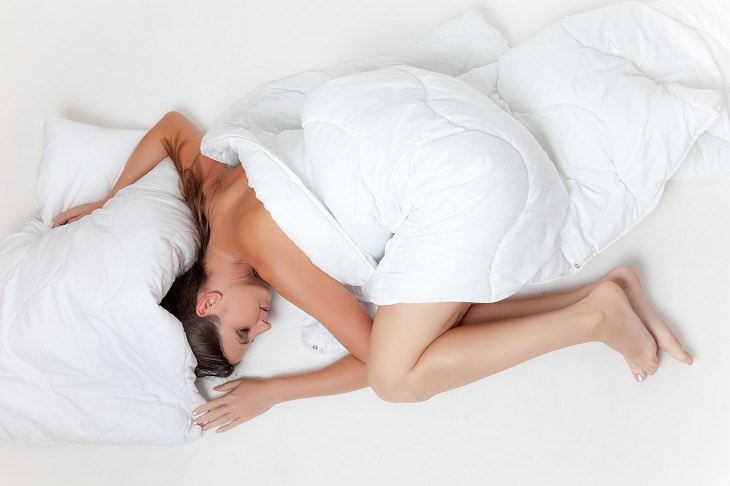
1. Increased productivity
Progressive companies like Zappos, Nike and Google have designated nap rooms for employees. In Japan, the law requires workers to rest after lunch. Why? because several studies have repeatedly shown that naps improve productivity. Today, people tend to work longer hours than ever and are increasingly "burned". An afternoon nap is like an energy boost. If you work a regular 9-5 shift, it is best to avoid taking a nap, as this can affect your nighttime sleep. Experts recommend 10-30 minutes a nap in the middle of the day.
2. A boost of energy without stimulants
Most people tend to have a cup of coffee or an energy drink with sugar when they are a little low energy, but caffeine and sugar can increase the short term. This can cause you to be less productive and feel more tired at the end of the day. These temporary solutions give you energy but can also wreak havoc on your health, especially energy drinks that put pressure on your heart, as you dehydrate. Thus, nap gives you a much healthier to inject a touch of energy to your day option.

3. The clarity of thought
Research on short sleep cycles suggest that a nap is beneficial to your cognitive functions. During sleep, the brain makes a "cleansing", where classified data and consolidates memories. After waking up, your mind will be less confused and your thoughts will be more organized.
4. Increase alertness
Everyone who works during the day should be familiar with depression afternoon. Naturally, people experience a drop in their life energy 8 hours after awakening, usually between 2 and 4 pm. Research suggests that taking a nap after lunch can give you a jolt and avoid this.
5. Security
A healthy person requires seven to eight hours of sleep per day, but many people sleep 6 or less, so it is very likely to be in a bad mood and make mistakes. With less than 6 hours of sleep, the risk of traffic accidents and labor triples. A nap can improve your energy, increase your concentration and reduce those risks.
6. Improve Memory
Napping is especially good for learning and memory retention. Several studies have found that students who took naps before exams scored higher on their tests. The reason? During sleep, the hippocampus, the part of the brain that strengthens our short - term memory, use the time to transfer information to long -term memory, making sure they do not forget what you've learned.

7. Elevated mood
In short, the dream is a relaxing activity, and may have similar effects on your mood to those produced by physical activity. A short nap does not replace a full night 's rest, but certainly can reinforce a bad mood and reduce stress caused by sleepiness. Even if you've had a good sleep, nap not leave you groggy because of the short period of time asleep.
8. More creativity
Creativity comes in different forms, and though it may seem, some tasks require a lot of creativity. A good nap will allow your brain to process information well, so waking you be able to creatively combine the ideas.
9. Less stress
Naps also work to counteract the negative effects of stress , and daily anxiety. The researchers found that the relaxing breathing during sleep do relaxes tension in the back and shoulders, and lowers blood pressure. Some people find that they are unable to take a nap at work, but they can do with meditation. Although not as powerful as a nap, meditation produces, similar to those produced during sleep, slower brain waves which reduces stress and clears the mind.
10. Better health
Nap affects your overall health. Researchers have found that those who duerneb regularly in the evenings have a lower risk of developing heart disease and depressed. Naps also help the body process carbohydrates and balance hormone levels.
Therefore, remember to take a daily nap of 30 to enjoy its amazing benefits ...
No comments:
Post a Comment